READY TO GET STARTED?
REQUEST A FREE ESTIMATE
Fill out the form below or call (888) 466-7849 for a free, no-obligation estimate.
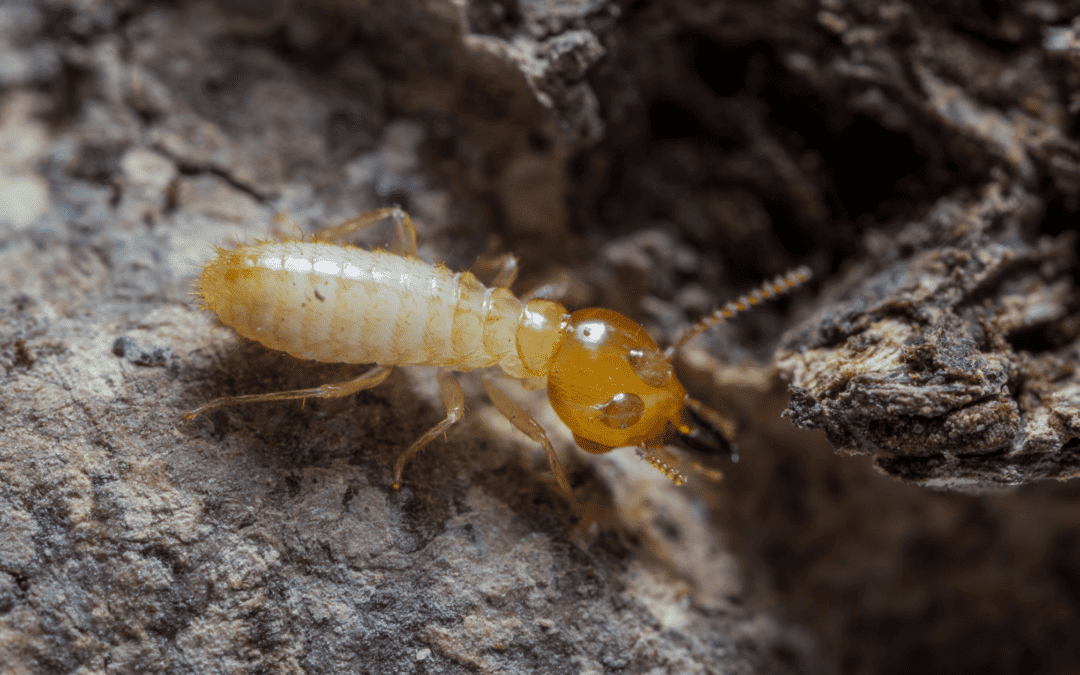
Winter in Georgia may bring chilly temperatures, but for homeowners, it’s no time to let their guard down, especially when it comes to termite control. Contrary to popular belief, termites can remain active during the colder months, making it crucial to stay vigilant year-round. In this blog post, we’ll explore the types of termites found in Georgia, the concept of a termite season, signs of a termite infestation, and essential tips for prevention.
Georgia is home to several termite species, with the most common being Eastern Subterranean Termites, Formosan Subterranean Termites, and Drywood Termites. Each type poses its own set of challenges for homeowners, making termite control a necessity.
While many associate termite activity with warmer months, Georgia’s mild climate means that termites can remain active throughout the year. There might be a slight slowdown in winter, but it’s a mistake to assume that termites take a complete hiatus. In fact, their activity might even go unnoticed, making it crucial for homeowners to be proactive in their termite control efforts.
Detecting termite activity early is key to preventing extensive damage. Keep an eye out for the following signs:
Prevention is the best defense against termites. Here are some tips to protect your home:
Don’t wait until it’s too late. Safeguard your home from termite damage by requesting a free termite control quote from our experienced team. Our experts are ready to assess your property, identify potential risks, and implement effective termite control measures tailored to your needs.
In conclusion, termites in Georgia don’t take a winter vacation. Stay informed, remain vigilant, and take proactive steps to protect your home from these silent invaders. Contact a professional pest control company today for a comprehensive termite control solution and ensure your home stays termite-free year-round.
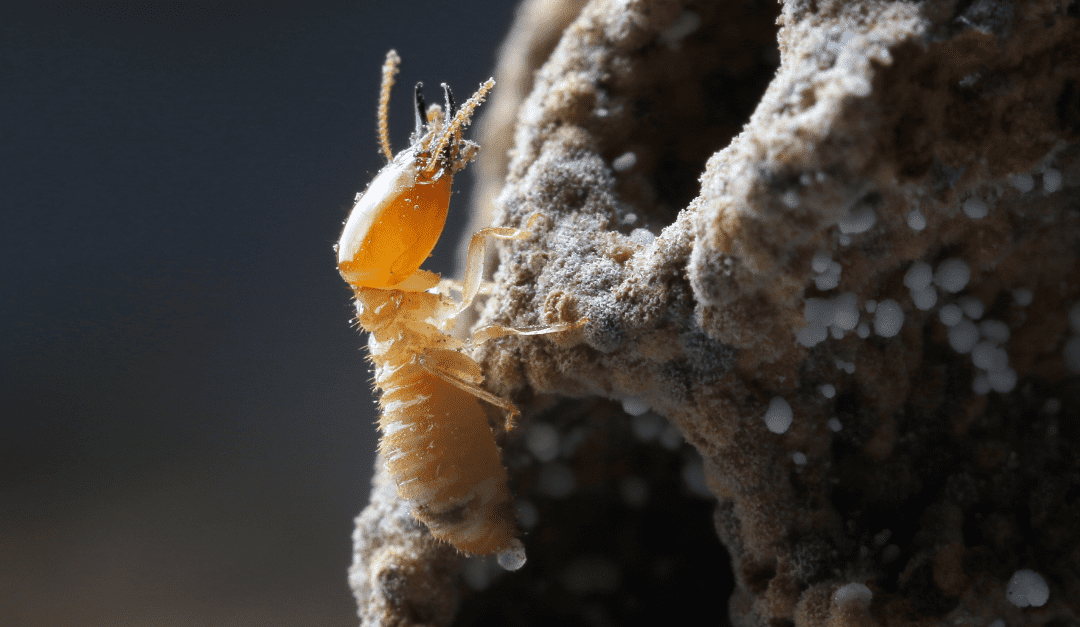
Summer is a wonderful time of year to enjoy outdoor activities, but it’s also the season when termites are most active. Termites are known for causing extensive damage to homes and properties, and they can quickly become a costly problem if left unchecked. To properly prepare for a termite-free summer, follow these termite control tips.
The first step in preparing for a termite-free summer is to conduct a thorough home inspection. Look for signs of termite activity, such as mud tubes, wings, and damaged wood. If you find any evidence of termites, contact a pest control professional immediately.
Termites are attracted to moisture, so it’s important to eliminate any moisture sources in and around your home. Fix any leaks in your plumbing or air conditioning system, and make sure your gutters are clean and functioning properly.
Termites are attracted to wood, making it crucial to keep any wood or wood-based materials away from your home’s foundation. This includes firewood, lumber, and any wooden structures such as decks or fences.
When building or renovating your home, consider using termite-resistant materials such as concrete, metal, or pressure-treated lumber. These materials are less attractive to termites and can help prevent infestations.
Regular termite control services are an essential part of preventing termite infestations. A termite control professional can help identify and eliminate any termite activity in and around your home, as well as provide preventative treatments to keep termites at bay.
Get ready for termite season by giving your local termite control company a call today!
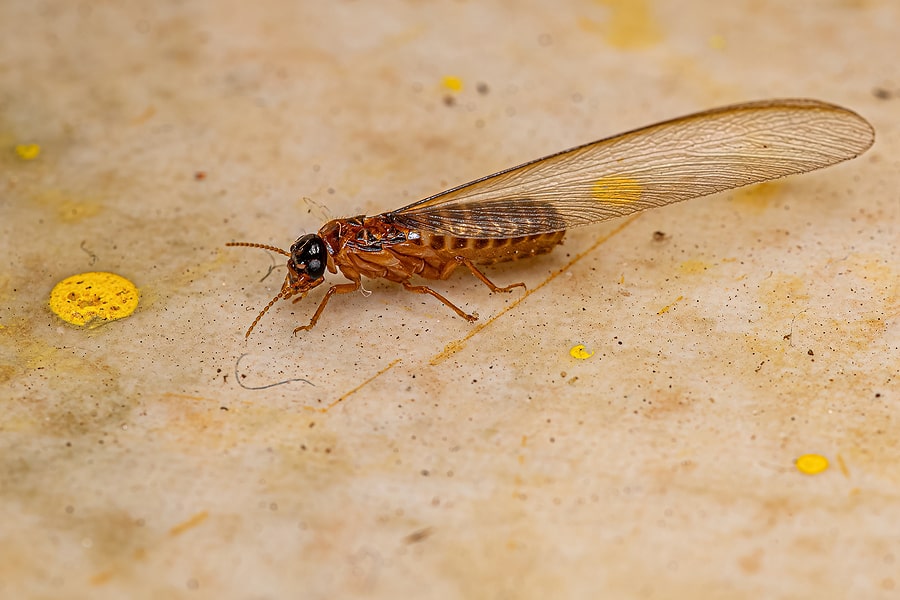
Termites can wreak havoc on your home, causing substantial and costly damage. These household pests are stealthy, often going undetected for long periods of time. Preventing termite damage is critical, and now is the time to get started.
Termites begin swarming in the South in early spring. So, if you don’t already have a termite control plan, now is the time to consider acquiring one. While swarming termites may not cause structural damage, they are an indication that a termite colony is active nearby. This might result in catastrophic structural damage to your property, resulting in repair expenses in the hundreds of thousands of dollars. Although spring and summer are peak swarming season, termites can be active year-round, especially in warmer climates like ours.
There are various techniques of termite management, and determining which one is best for your property can be difficult. After all, we’re talking about safeguarding one of your most valuable investments! Because termite damage isn’t usually covered by homeowners insurance, it’s imperative to not only get your property treated, but also to have a solid termite guarantee.
If you understand how termites work, you could try your hand at DIY termite control. There are a variety of options available for this, ranging from simple liquid barrier treatments to termite baiting systems. If you have any slabs linked to your home or a basement, this can be a difficult task. To keep termites out, a liquid barrier must be comprehensive with no gaps.
If you have active termites or damage, several pest control firms will offer a liquid treatment. This offers both immediate and long-term termite protection. Make sure your termite treatment comes with a decent warranty, especially one that covers termite re-treatments and any damage caused after treatment.
This method of termite treatment is great if your home is still under construction. The wood structure is coated with borates, which are soil elements that provide long-term termite protection while also repelling common domestic pests.
Baiting systems have been shown to be efficient at eliminating entire termite colonies underground around your home, are less invasive than liquid treatments, are suitable for both new and existing structures, and typically come with a lifetime warranty. It is also the most environmentally friendly solution to defend your home from termites, as it eliminates the need for hundreds of gallons of chemicals. Monitoring devices are placed strategically around your property’s perimeter. The stations have a bait tube that termites are drawn to.
If you have a problem with termites or any other household pests, contact your local pest control company for an evaluation.
Common Rats and Mice You Might See this Spring
Do Water Moccasins Swim on Top of Water?
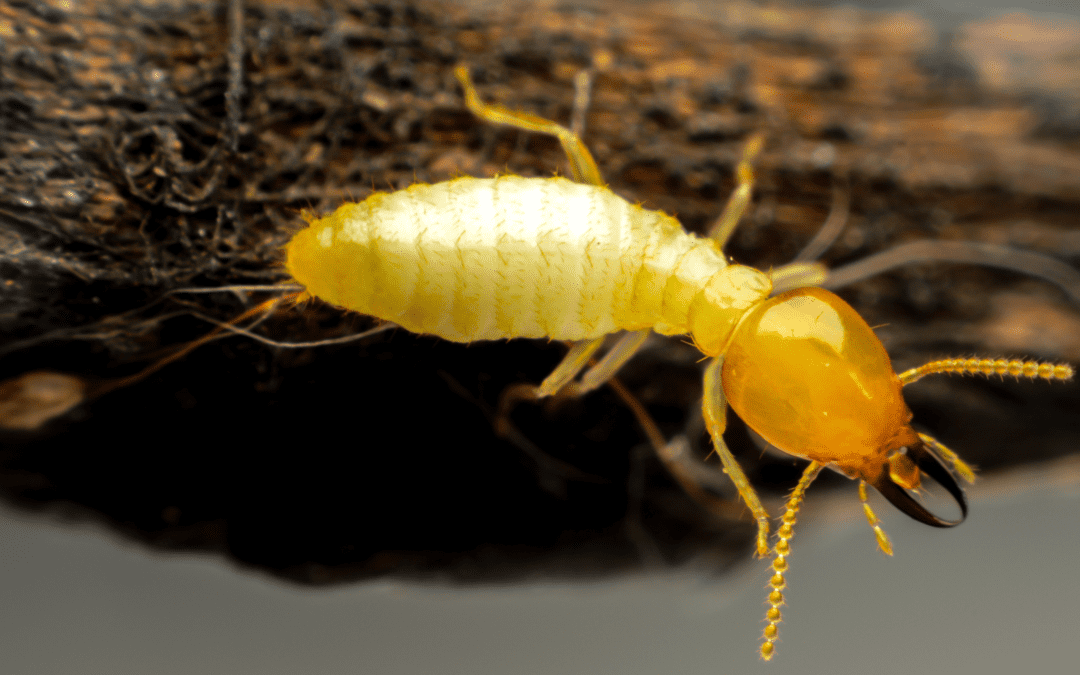
It’s no surprise that termites are still active in the fall. The only factor that changes termite activity in the fall season is their tendency to burrow deeper into the ground. However, if these pests burrow their way into your home, they won’t need to dig deeper to find warmth and instead will infest.
Continuing termite control into the colder months will help to protect your home up until spring begins again. Be sure to keep up with termite control to lessen the chance of termites swarming in the spring and summer months.
Regardless of the season, there are common signs of termite infestations to look for in your home, including:
There are a few steps for termite protection you can take in and around your home. Make sure all water and gas lines are sealed adequately. Fix any leaky faucets or appliances and get rid of any standing water. Try to eliminate any cellulose material, as this is a termite’s primary food source.
If you suspect you have a termite problem or want to stay proactive against them, reach out to your local pest control company to receive a free termite inspection and discover the best plan of action perfect for you and your home!
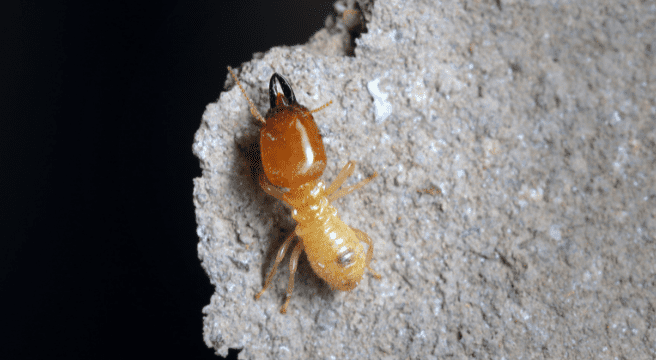
It’s a known fact that termites can cause costly and significant damage to your home, but did you know they are active year-round? Winter does bring some daily changes to termite colonies, including moving deeper into the ground for warmth or seeking shelter in your home’s foundation. Both cases are something to be wary of, especially when it comes to the health of your home.
Subterranean termites might seem like they can’t cause damage in the winter when they burrow deep underground, but don’t let that fool you. When termites burrow underground, they tunnel deep beneath your home’s foundation and can cause structural damage, such as causing your home to shift and become uneven, which is costly to repair.
The plus side to termites in the wintertime is that swarms are nearly impossible. Termite swarms may sound like a scene out of a science fiction movie, but they are necessary for the survival of termites. Fortunately, they are not common in the winter, as they tend to move further away from their colonies in the warmer months, making it more difficult to find them. Consider putting preventative measures in place around your home during the winter season before these pests become active again in the spring months, which mark the beginning of swarming season.
There are several ways to prevent termites, even in the wintertime. There are many great services offered to homeowners that can be beneficial year-round. The most effective option in termite prevention is the Sentricon Always Active® system. It is an environmentally responsible choice for home termite protection and is scientifically designed to eliminate the entire colony – including the queen. It’s crucial to prevent termites, whether they’re active or not.
Termites can be extremely difficult to identify, avoid, and eliminate once they are established. If you spot signs of termites in your home or just want to get ahead in the prevention game, contact a professional pest control company who can set you up with annual termite inspections and even a termite control plan.